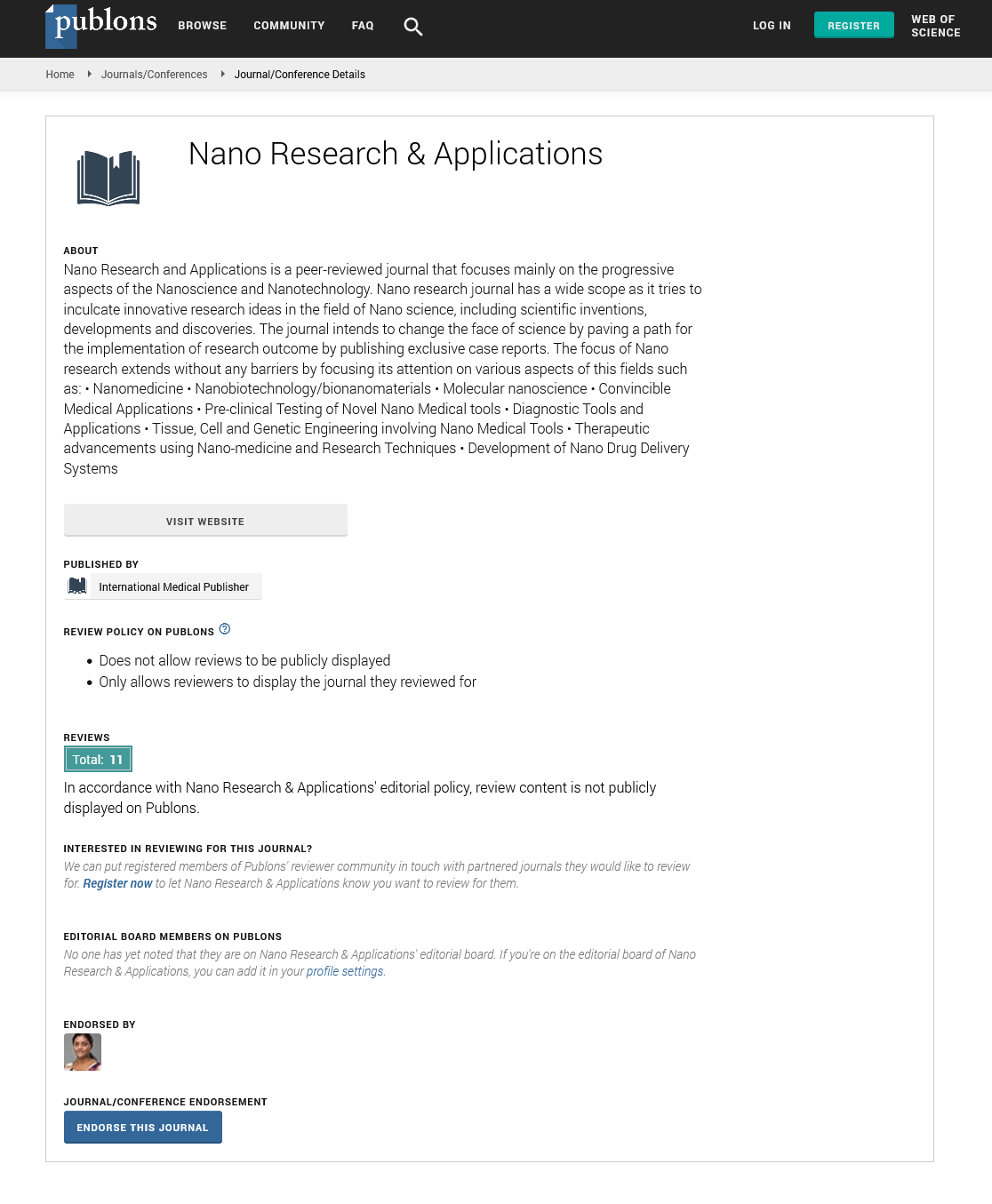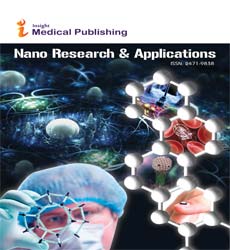Abstract
Selective Cytotoxicity of Camellia Sinensis Green Synthesized Magnetic Nanoparticles against the MCF 7 Tumor Cell Line and their Molecular Activity
Iron Oxide Nanoparticles (IONPs) have received recognition to be used in cancer treatment. In this investigation analysis, IONPs have been biosynthesized the usage of naringenin (NAR). We examined the anti-breast cancer role of biogenic IONPs via transcriptome analysis with the use of RNA sequencing, and IONPs mechanisms to regulate the development of breast cancer cells. Synthesized IONPs have been characterised via use of UV-Vis, XRD, FTIR, DLS, and TEM. The IONPs were in sizes of 2-10 nm and spherical in shape. Cytotoxicity studies indicate that at low concentrations, the IONPs in MCF 7 breast cancer cells are very much efficient. The proliferation and viability of breast cancer cells analyzed with 5 μg/ mL biogenic IONPs were decreased by 50%. Reduced dead-cell protease activity, enhanced leakage of lactate dehydrogenase, malondialdehyde, reactive oxygen species generation, and ATP generation is observed. This DNA damage and impaired mitochondrial function progress to cell death. The IONPs up-regulate and down-regulate the most top-ranked biological processes of cell-cycle regulation and oxidation-reduction. The KEGG research has shown that IONPs up-regulated GADD45G in the p53 pathway. Therefore, the tumor-suppressive effects of IONPs were mediated by cell death followed by mitochondrial aberrancy, cell-cycle arrest, and DNA damage following abnormal regulation of p53 effector proteins. It is interesting to note that, this research is the first study that demonstrates molecular pathways analysis and cellular responses of IONPs in MCF 7 breast cancer cells.
Author(s):
Bandana B1 , Debasish P2 * and Adyasa S1
Abstract | Full-Text | PDF
Share this

Google scholar citation report
Citations : 387
Nano Research & Applications received 387 citations as per google scholar report
Nano Research & Applications peer review process verified at publons
Abstracted/Indexed in
- Google Scholar
- China National Knowledge Infrastructure (CNKI)
- Directory of Research Journal Indexing (DRJI)
- WorldCat
- Publons
- Secret Search Engine Labs
- Euro Pub
Open Access Journals
- Aquaculture & Veterinary Science
- Chemistry & Chemical Sciences
- Clinical Sciences
- Engineering
- General Science
- Genetics & Molecular Biology
- Health Care & Nursing
- Immunology & Microbiology
- Materials Science
- Mathematics & Physics
- Medical Sciences
- Neurology & Psychiatry
- Oncology & Cancer Science
- Pharmaceutical Sciences


